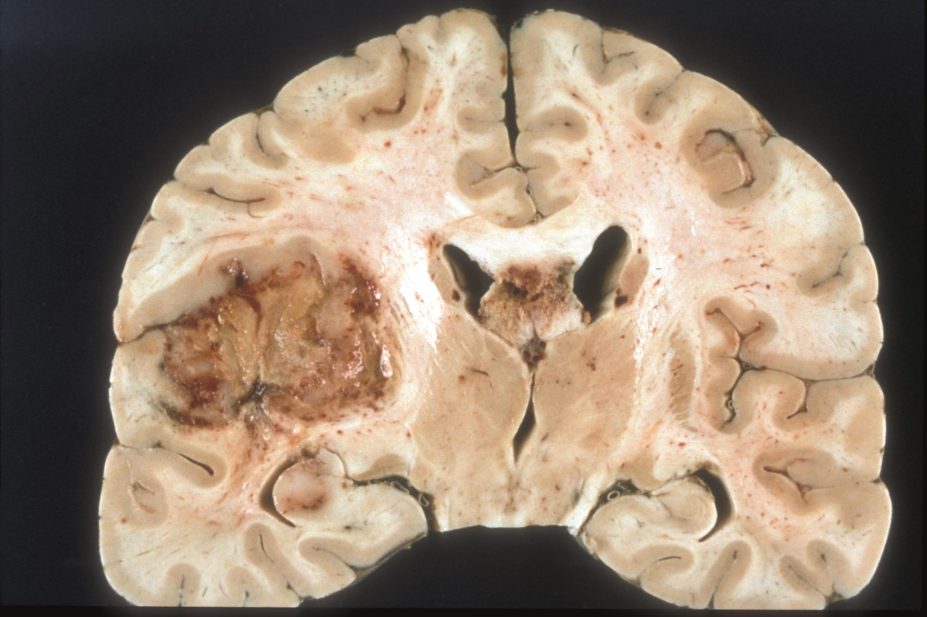
Sbrandner / Wikimedia Commons
Efforts to develop vaccines that treat cancer have had limited success. So researchers at Duke University Medical Center in North Carolina have tricked the body into having a stronger immune response to one type of vaccine, known as dendritic cell therapy.
In 12 patients with glioblastoma, half were injected with tetanus and diphtheria toxins before being given the cancer vaccine. Average survival from the time of diagnosis was 18.5 months in the group who did not receive the tetanus toxins. An equivalent measure could not be made for the six who were injected with tetanus toxins, because three patients were still alive at the end of the study, over four years after diagnosis, and one of these patients is still alive, 8.8 years later.
“Pre-conditioning with a potent recall antigen may represent a viable strategy to improve antitumour immunotherapy,” the authors conclude in Nature
[1]
(online, 11 March 2015).


